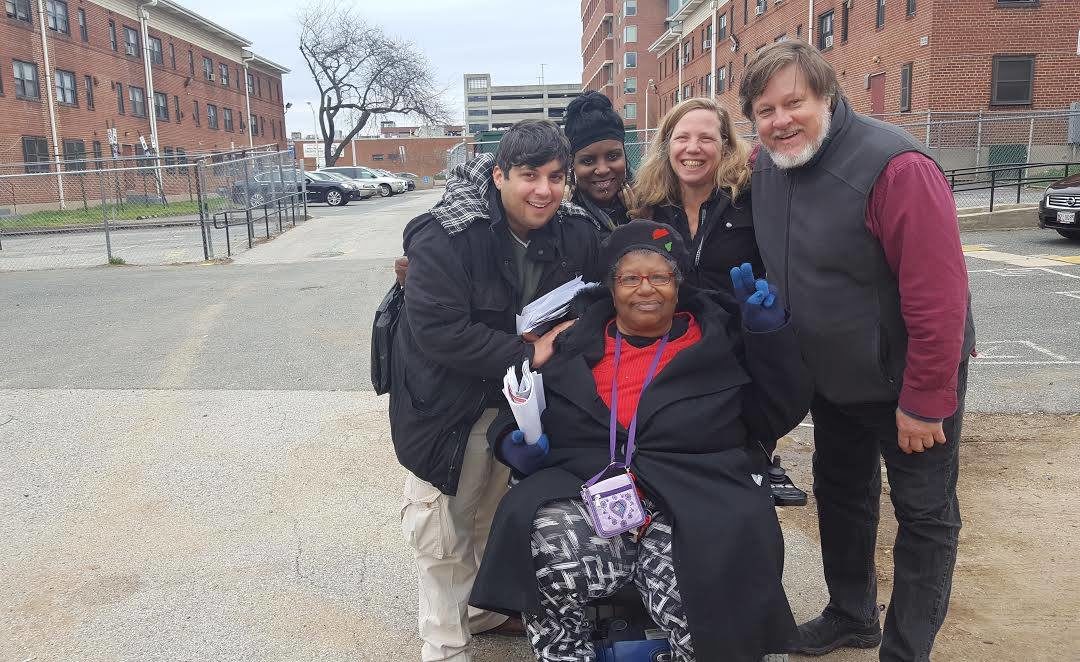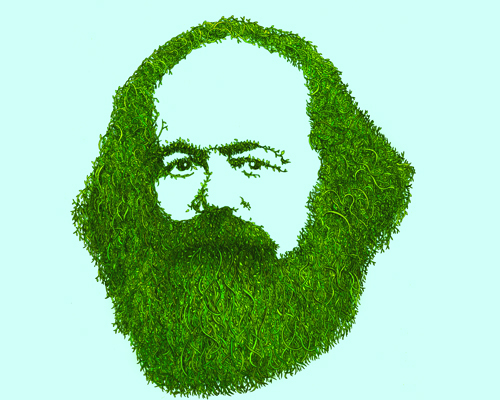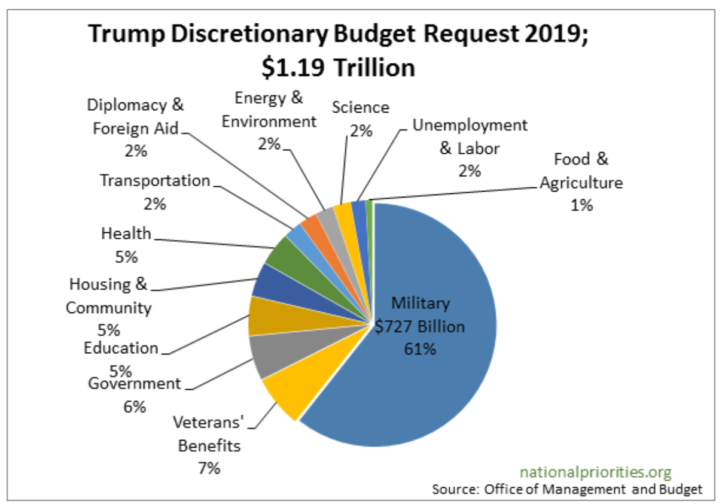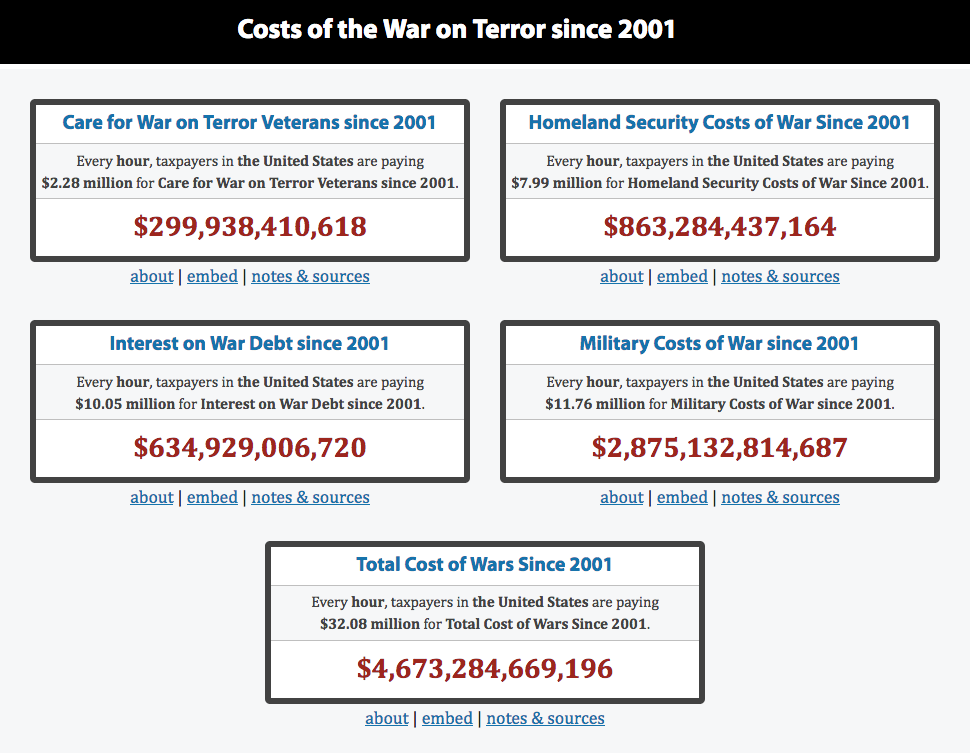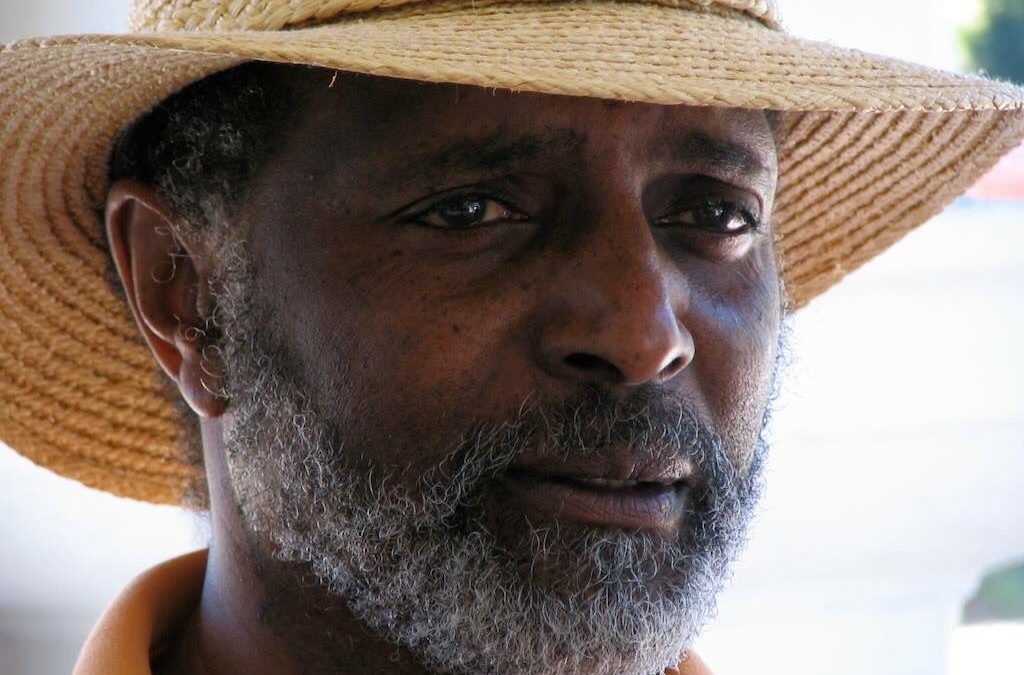We are going to be syndicating a few recent articles from across the web that we hope Green Party Power readers will read and use in the coming weeks and months to build their Green Party locals. Our goal is to head into 2019 and the presidential nominations season with a clear sense of purpose and emphasis on Green independence, clarity of vision, and opposition to the duopoly, especially the Democratic Party.
One of the most important pieces of legislation of our times, one that will impact every person in the United States, is currently being drafted in a non-transparent and non-participatory process by a small group of insiders. Rep. Pramila Jayapal is redrafting HR 676, the Expanded and Improved Medicare for All Act, which has existed for 15 years and is based on the Physician’s Working Group Proposal, the work of the single payer movement.
Single payer activists are calling on Jayapal to share the content of her draft so the extensive expertise of the single payer movement can advise her. On Monday, December 17, 2018, the Health Over Profit for Everyone campaign delivered a letter to Congresswoman Jayapal requesting her to share a draft text of HR 676 with the single payer movement for review and input. See, Letter to Congresswoman Jayapal – Release the text of HR 676.
The letter was developed at an in-depth strategy conference that developed a plan for success, How We Win National Improved Medicare for All. The strategy includes, as an immediate priority, protecting and improving HR 676, which has the support of 123 co-sponsors in the House of Representatives. The letter to Jayapal points out a red flag, stating:
“Some of your public statements recently have caused concern. In particular, statements about your desire to align the text with the Senate bill, S 1804, which is inferior to HR 676. Indeed, the Senate Bill is so deficient that many in the single payer movement cannot support it unless it is significantly revised.”
This comparison between the House Bill and S.1804, whose lead sponsor is Sen. Bernie Sanders, describes some of the serious deficiencies of that bill. Many single payer advocates cannot support the Sanders bill because, for example, it leaves out people who require long-term care, protects the profits of investor-owned providers and has loopholes that allow the insurance industry to continue to participate, making it, in essence, a multi-payer bill. HOPE will also focus attention on Sanders and his co-sponsors to push for improvements to that bill, but the threats to the gold standard bill, HR 676, are more imminent.
Jayapal should follow the lead of Green New Deal legislative advocates. They published a Google Doc with the draft of the Green New Deal legislation. This approach would allow the single payer movement to see the draft and provide Jayapal’s office with comments on it. There is a lot of experience and expertise in the single payer movement that should be involved in order to produce the best bill possible.
The letter points out that the single payer movement wants to be a strong ally to Rep. Jayapal and do all it can to help pass HR 676. A transparent and participatory process will ensure a bill is introduced that the movement can support and can feel confident mobilizing people to help make national improved Medicare for all a reality. Jayapal should see mass participation of the movement as a way to strengthen the bill and its chance for passage.
At the same time, there is anger in the single payer movement at Jayapal’s lack of transparency and that a bill that will impact everyone is being drafted by a small group of insiders. People are ready to protest the lack of transparency and participation but want to give Jayapal the opportunity to do the right thing before escalating to protest.
The strategy report points out that the Democratic Party has undermined the single payer movement multiple times, pointing to the Clinton era when HillaryCare created concentrated private insurance corporations and required people to buy insurance, and ObamaCare, which required people to buy private insurance as well. Neither administration would consider single payer Medicare for all, despite majority support.
They also point to Majority Leader Chuck Schumer’s recent refusal to endorse Medicare for all while listing a host of false policy approaches that will not solve the US healthcare crisis. And Speaker Pelosi is criticized for sending the single payer movement down the false path of state legislation when single payer is not possible at the state level. These refusals by Democratic leadership to support meaningful reform come when the United States has a major healthcare crisis — 30,000 people die annually because they do not have insurance, the life expectancy of people in the US is decreasing and more than 100,000 deaths could be prevented annually if the US had a single payer system like France or the United Kingdom. There is too much at stake. People will not let the Democrats send the movement off course again.
Everyone should take action because healthcare impacts everyone. Contact Congresswoman Jayapal. HOPE has created a tool for you to use to Call Rep. Jayapal and urge her to release the text. When you contact her office, let them know about how the Green New Deal draft legislation has been made public and demand the same be done for HR 676.
Letter to Congresswoman Jayapal – Release the text of HR 676
The Honorable Congresswoman Pramila Jayapal
319 Cannon House Office Building
Washington, DC 20515
Dear Ms. Jayapal:
We write to you as longtime advocates for National Improved Medicare for All as embodied in the current version of HR 676. We have championed HR 676 for the past fifteen years, working with Congressman John Conyers and his staff.
We have a deep appreciation for your willingness to not only take on the lead sponsorship of HR 676 but also to create a Medicare for All Caucus. We believe we share a common vision of a national, universal, publicly-funded, comprehensive and high-quality healthcare system in the United States.
We understand that you are rewriting HR 676 before you introduce it in 2019. It is important to us that HR 676 not be weakened in this process, but be made stronger. We ask that you release a draft of the text of the revised HR 676 so that longtime single payer advocates can read it and share our views with you before the bill is introduced.
Transparency matters greatly to us as does getting the policy right. HR 676 must be strong from the outset so that as it goes through the legislative process, we can be sure the final bill will solve the healthcare crisis in the United States.
We know you have met with representatives of some groups. Opening up the process will ensure that the best information on expanded and improved Medicare for all is contained in the bill. And, it will ensure that the whole single payer movement is in support of the bill.
Some of your public statements recently have caused concern. In particular, statements about your desire to align the text with the Senate bill, S 1804, which is inferior to HR 676. Indeed, the Senate Bill is so deficient that many in the single payer movement cannot support it unless it is significantly revised. We want the House Bill to remain strong and fully supported by the entire single payer movement as the gold standard that the Senate must measure up to.
We are committed to winning National Improved Medicare for All and believe the movement is capable of winning this issue in the near future. It will be a historic victory for the United States. We want to help you succeed in leading this effort.
We urge you to release a draft copy of the new legislation before the end of the year so people can have input before it is made final. We are being asked to mobilize support for the new HR 676, but we cannot support a bill we have not seen.
Please let us know as soon as possible if you are willing to release a draft copy of the new legislation for input and when we can expect to receive it.
Kind regards,
Margaret Flowers, MD, coordinator, Health Over Profit for Everyone campaign
Kip Sullivan, Health Care for All Minnesota
Leigh K. Haynes – People’s Health Movement-USA*
Eric Naumburg, M.D., M.P.H., Healthcare is a Human Right Maryland
Kevin Zeese, co-director, Popular Resistance
Kay Tillow, Coordinator, All Unions Committee for Single Payer Health Care–HR 676
Sumitra Joy, National Consumer Voice Leadership Council-member elect*
Health Care for All Minnesota
Bill Moyer, Backbone Campaign
James Squire, MD United for Single Payer
Lee Stanfield, HOPE Steering Committee, Founder of Single-Payer NOW Tucson*
Jody Coss and Ed Klein, Co-directors, HOPE in the Midwest
Vanessa Beck, MSW, Coordinating Committee, Black Alliance for Peace*
Anne Scheetz, MD, Physicians for a National Health Program, Illinois Single-Payer Coalition, Chicago ADAPT, HOPE
Donna M. Ellington, M.Ed., EdS, Social Media Influencer
Ethel Long-Scott, Executive Director, Women’s Economic Agenda Project*
Bruce G Trigg, MD, Addiction Medicine Consultant


